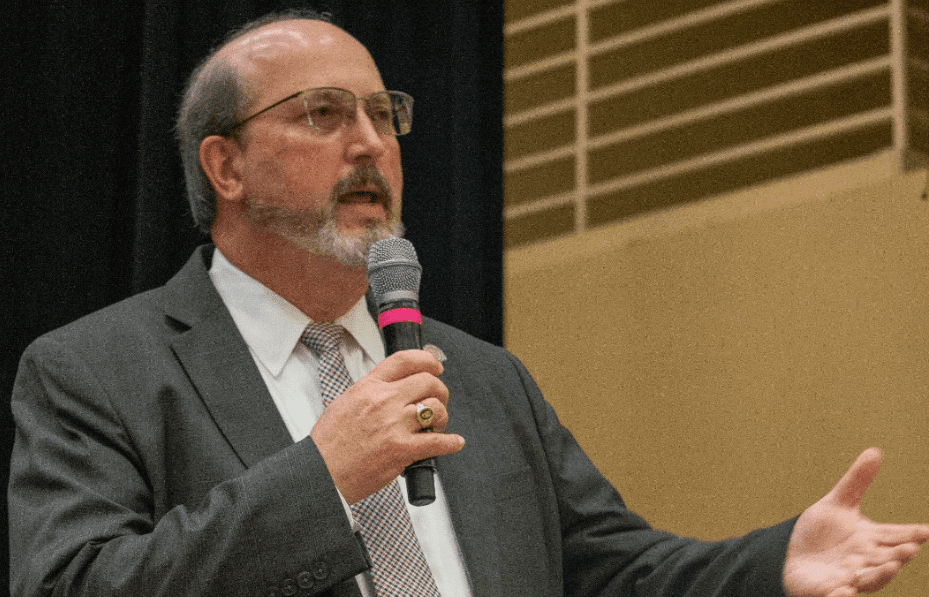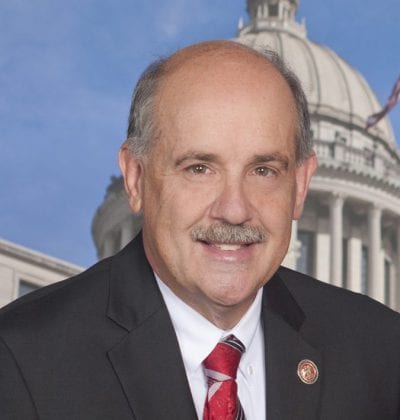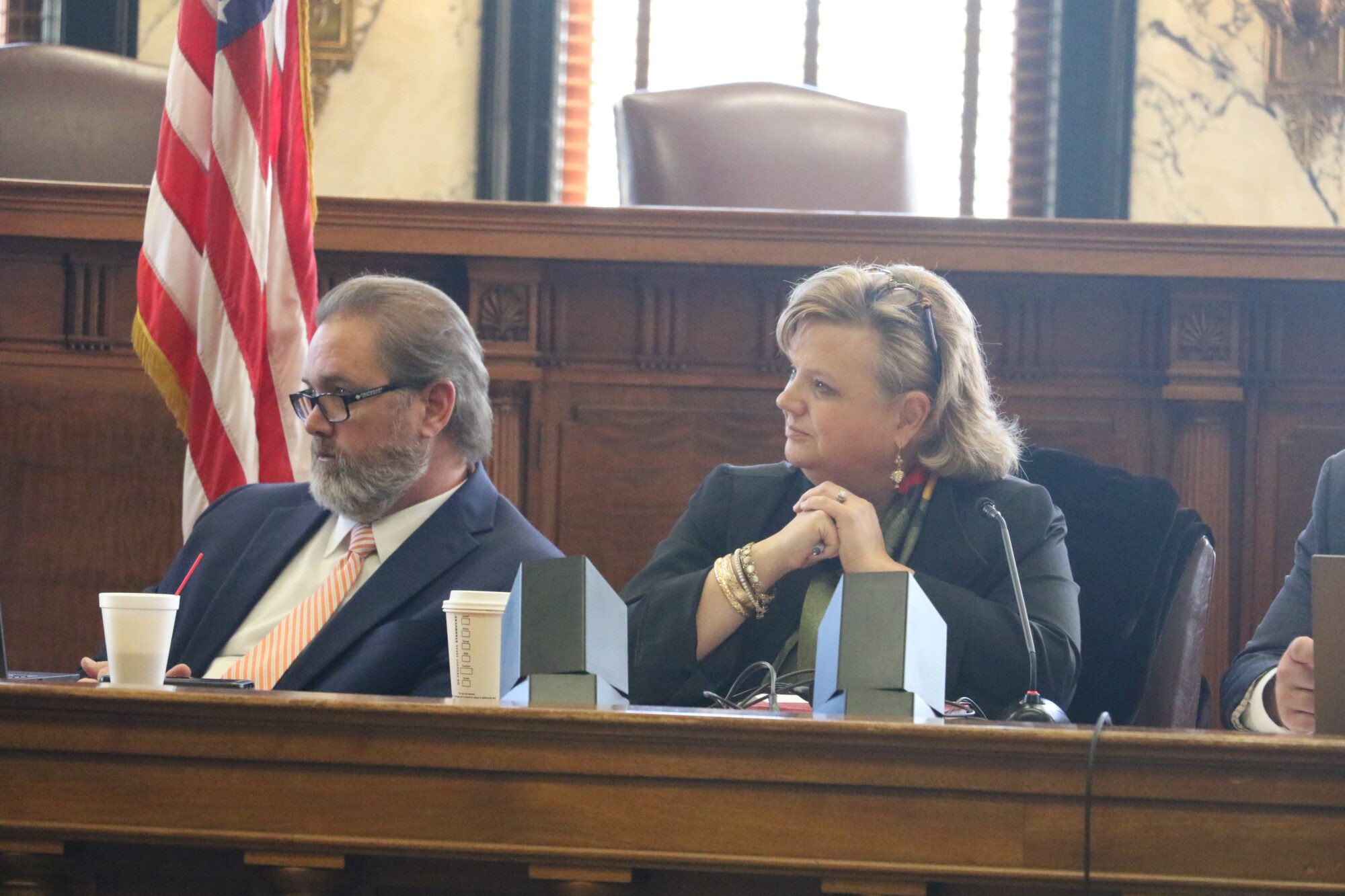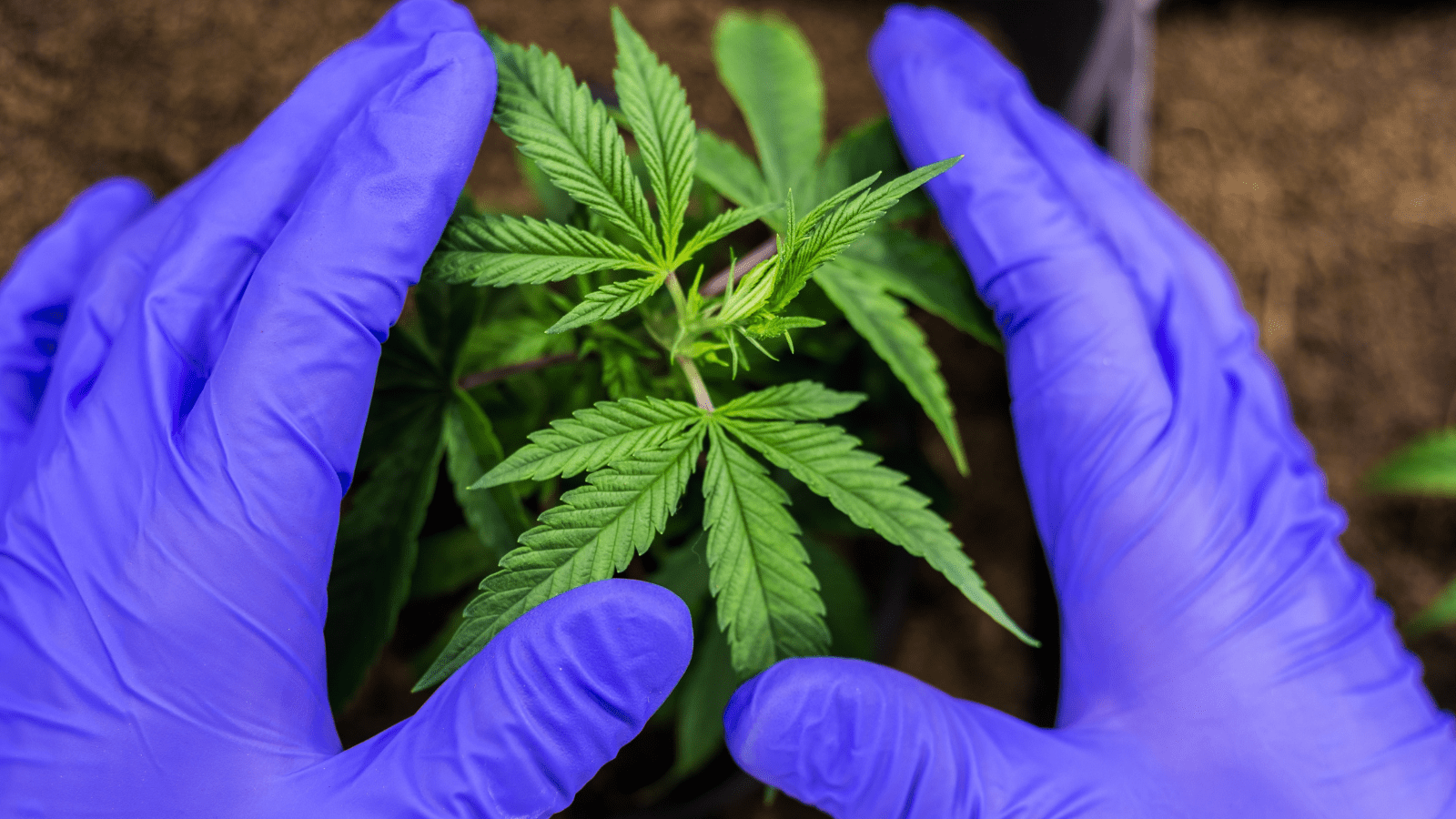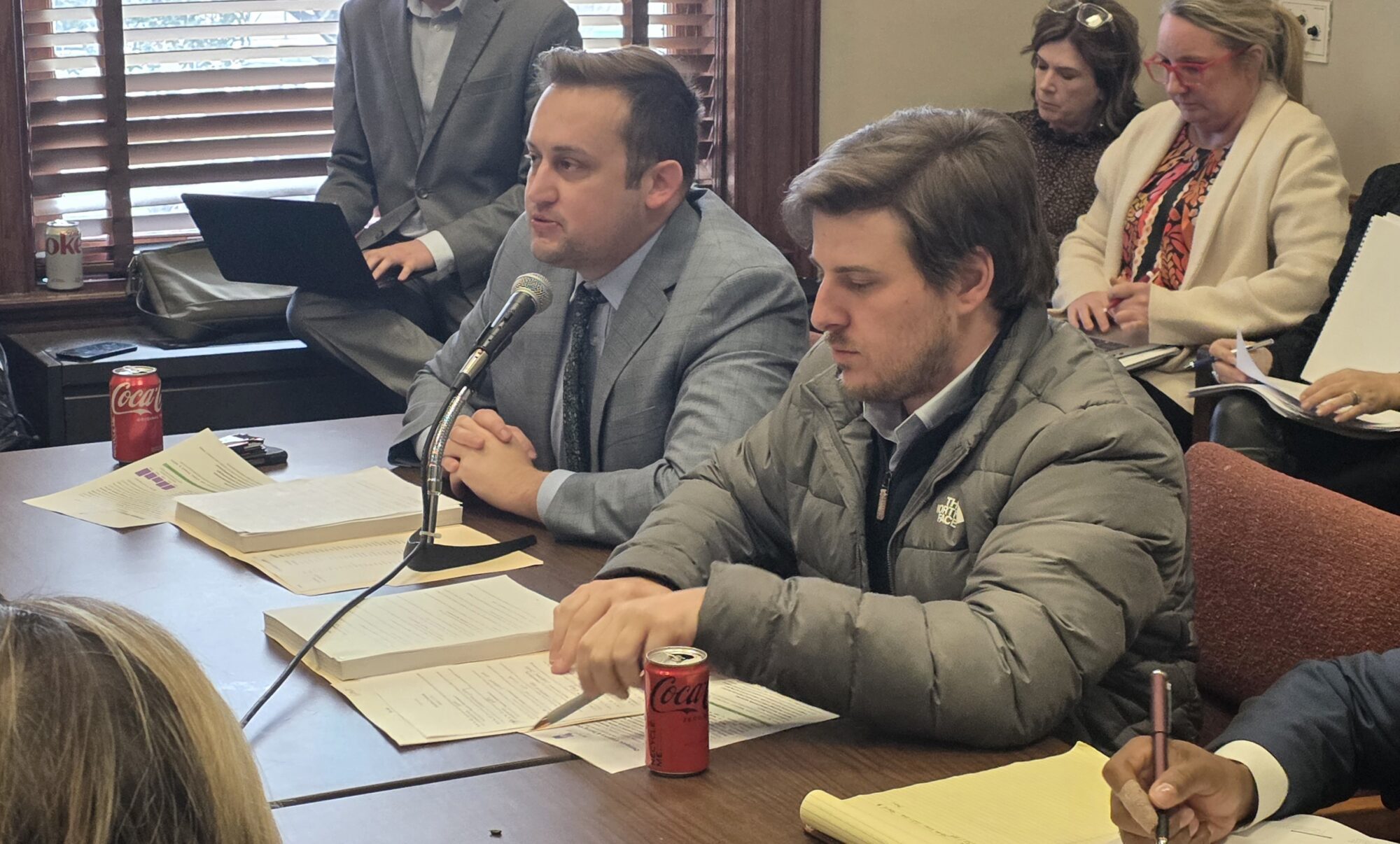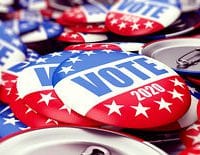
WalletHub compared states across six key metrics to gauge the level of black political engagement, and Mississippi ranked 8th overall.
“Our data set includes black voter turnout and registration during the most recent presidential and midterm elections as well as the proportional representation of blacks in the state legislature and national party conventions,” WalletHub stated.
According to the analysis, black political engagement in Mississippi was ranked across the metrics as shown below:
- 4th – Black Voter Turnout (2016 Presidential Election)
- 2nd – Black Voter Turnout (2018 Midterm Elections)
- 2nd – Black Voter Registration (2016 Presidential Election)
- 2nd – Black Voter Registration (2018 Midterm Elections)
- 22nd – Proportional Representation of Blacks in State Legislature
- 1st – Proportional Representation of Blacks in National Party Conventions
Curiously (and conspicuously), the survey did not score the number of actual black elected officials, a statistic in which Mississippi would have ranked first.
WalletHub financial writer, Adam McCann, wrote, “This year, black voters will account for around 12 percent of the national electorate. However, they make up roughly 24 percent of the Democratic primary electorate, which means they will play a key role in selecting 2020’s Democratic nominee. A January poll shows Joe Biden with 48% support among black Democrats, far above the next closest, Bernie Sanders with 20%.”
The report also noted that Blue States have a higher political engagement among blacks than do Red States.

A report by the Pew Research Center in 2016 noted that President Donald Trump received approximately 8 percent of the black vote in his first election, compared to 88% voting for Hillary Clinton.
Trump has made a conscious effort to make strides within the black community during his first term leveraging record low black unemployment and the passage of criminal justice reforms, among other policy positions that are challenging the traditional Democrat narrative aimed squarely at reaching black voters.
READ: Trump’s play for black voters has major implications in Mississippi
As for how minority voters will impact the 2020 election for President, a 2019 Pew report stated, “Nonwhites will account for a third of eligible voters – their largest share ever – driven by long-term increases among certain groups, especially Hispanics… In raw numbers, a projected 32 million Hispanics will be eligible to vote in 2020, compared with 30 million blacks. The population of Asians eligible to vote will reach an estimated 11 million in 2020, which is more than double the 5 million who were eligible to vote in 2000, accounting for 5% of next year’s electorate.”


